Showcasing sport innovations from around the world can help member countries enhance and develop their sporting sectors. We are highlighting examples from ministries and organisations, to drive sport innovation across the Commonwealth.
Within the sporting industry, innovation is continually taking place. Because sport has a significant global economic impact, these innovations redefine how we play and interact, lifting barriers to participation and progressing the sporting ecosystem.
Youth empowerment
As a result of COVID-19, there is now an even greater push to promote innovation and sports research, to help everyone achieve greater results and further participation in sports.
With more than 60% of the Commonwealth under the age of 30, innovation is especially important for young people. The Commonwealth sees people aged 15 to 29 as more than capable to lead change – and they should be empowered to realise their potential.
Virtual sport
The pandemic has also been a catalyst for virtual environments that allow sports fans to watch and interact with their favourite leagues and athletes online.
Advancements are being made into the Web3 and NFT space, and lockdowns also led to increased demand for video games and the growth of the esports market, which has transformed the ways many young people consume entertainment.
Commonwealth innovators in sport
The Commonwealth has highlighted 10 innovators in sport from Ministries and Organisations across the member countries.
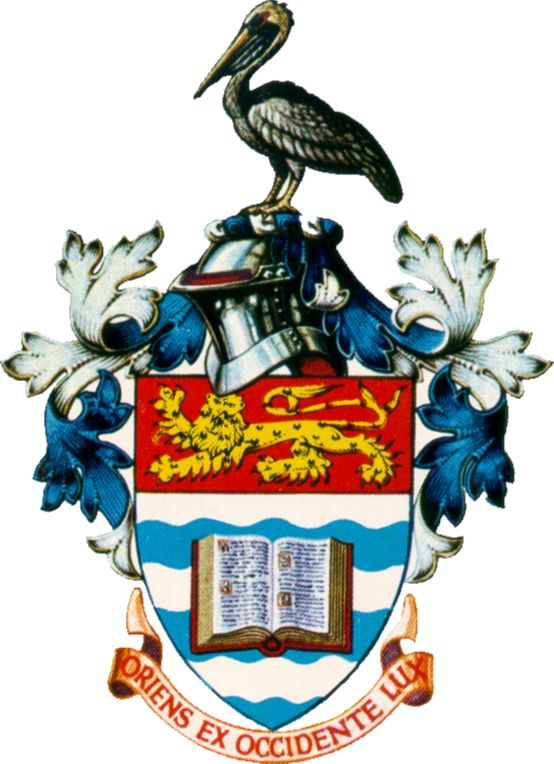
Climate Change and Sport in the West Indies
Sport is a key social platform that can reach and influence millions of individuals around the world to help raise awareness on climate change, promote a culture in favour of climate action and champion sustainable behaviours.
The University of West Indies (UWI) recognises the importance of developing a multidisciplinary approach to tackle the effects of climate change.
To help better strengthen approaches to address the effects of climate change in the Caribbean, UWI commissioned Thuso to develop a strategic scoping study on climate change and sport in the Caribbean region.
It is vital to manage the impacts of climate change on sport by taking relevant actions, such as the addition of shade and cooling structures for athletes, heat policies, and adaption to manage sports fields during extreme weather conditions.
The Caribbean is developing the world’s first ‘climate-smart zone’,a region that is a ‘living lab’ pioneering new sources of energy. The Caribbean Climate-Smart Accelerator is driving this ambition, hosted by UWI.
Projects fall under four main pillars:
1. Climate-Smart Roadmap
2. Ninety (90) per cent Renewable Energy for All
3. Protecting 30 per cent of Oceans and Land
4. Physical and Economic Resilience
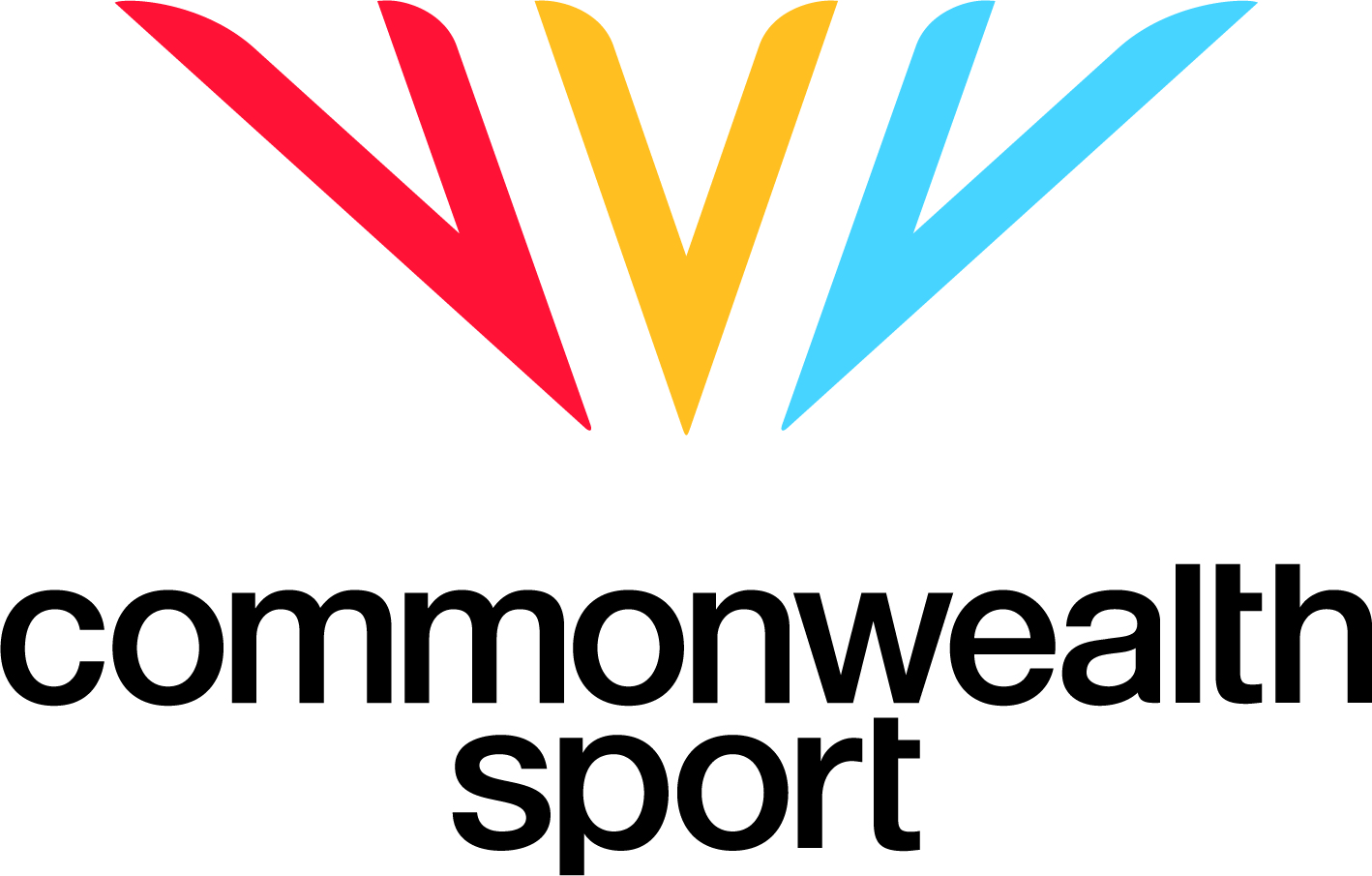
Commonwealth Games Federation and the Birmingham 2022 Commonwealth Games
Birmingham 2022 is set to host the largest sport programme in Commonwealth Games history, with 286 sessions across 11 days of live sport.
A national legacy plan has been launched, outlining how the Commonwealth Games (‘the Games’) will leave a lasting, positive impact on jobs, skills, education, culture, physical activity and investment across the United Kingdom.
Birmingham 2022 will be the first ever major multi-sport event to award more medals to woman than men, as well as being the largest ever integrated para-sport programme. These approaches highlight inclusivity of all regardless of gender, age, or ethnicity.
The new Commonwealth Sport 2026/30 Roadmap provides potential future hosts and sports with the renewed flexibility to be innovative and creative in delivering the Commonwealth Games. The Commonwealth Games Federation (CGF) Sport Development Programme (GAPS) is a sport for social purpose initiative developed by the CGF and Griffith University. It has bought together more than 120 para-athletes, coaches and experts from 21 Commonwealth nations to the 2022 Commonwealth Games host city of Birmingham.
Further to this, a unique addition is being made to the Commonwealth Games this year. The Commonwealth Esports Championships will be welcoming athletes from across the Commonwealth competing in major titles, such as DOTA 2 (Valve), eFootball series (KONAMI) and Rocket League (Psyonix). Each of these titles features open and women’s category competitions, showcasing how powerful technologies can support the convergence of sport and esports.
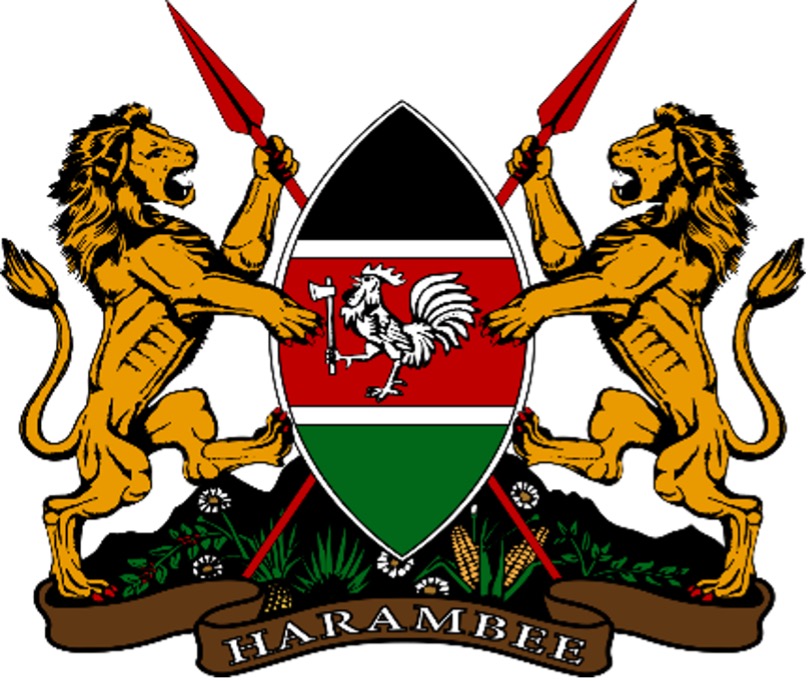
Gender-Based Violence in Kenya
In 2021, Kenya lost three of its key track athletes to suicide and homicide. These tragedies added the issues of mental health, gender-based violence and economic disempowerment to the country’s already growing rates of violence. The loss of such inspirational athletes in Kenya further emphasised the need to address gender-based violence.
Kenya’s sporting industry has for years experienced rampant but unreported cases of discrimination, sexual abuse and gender-based violence committed against female athletes, coaches, and technical and public officers. Kenya has become a sporting ‘powerhouse’, especially in athletics, volleyball and rugby – placing the country on track to realising its full sporting potential. The socioeconomic welfare of athletes, coaches and officials is vital if they are to perform at the local, regional and international levels.
Cabinet Secretary for Sports, Culture and Heritage, Amb (Dr) Amina Mohamed, in July 2021, formed a taskforce with the mandate to conduct an urgent analysis of women’s inclusion in the management of teams and federations, mapping out existing challenges and opportunities for corrective improvement, as well as reporting on the status of discrimination and abuse in the sports ecosystem.
There is a need for greater practical strategies to ensure effective implementation of existing laws and policies to ensure protection of all within the sporting industry.
Contact: Cabinet Secretary for Sports and Gender Committee

Sport and Dev: Reconnect
This international platform on sport and development (Sport and Dev) is co-ordinating a global campaign: Reshaping Sport and Development, in partnership with a range of key partners, such as Generation Amazing, The Australian Government and The Commonwealth Secretariat.
The campaign aims to champion, strengthen and sustain sport and development, with a strong focus on addressing inequities that have been exacerbated by the COVID-19 pandemic and includes different activities and deliverables to help increase the impact of sport across all sectors of society.
This includes a global call for articles (in four UN official languages), an interactive webinar, a comprehensive campaign report and community consultations. This innovation seeks to increase collaboration, co-ordination and ultimately the impact of sport and development, by encouraging dialogue and partnership building, facilitating strategic alliances, and therein reshaping the sector to be more inclusive and equitable.
Contact Dr Ben Sanders, Senior Consultant Sport and Dev
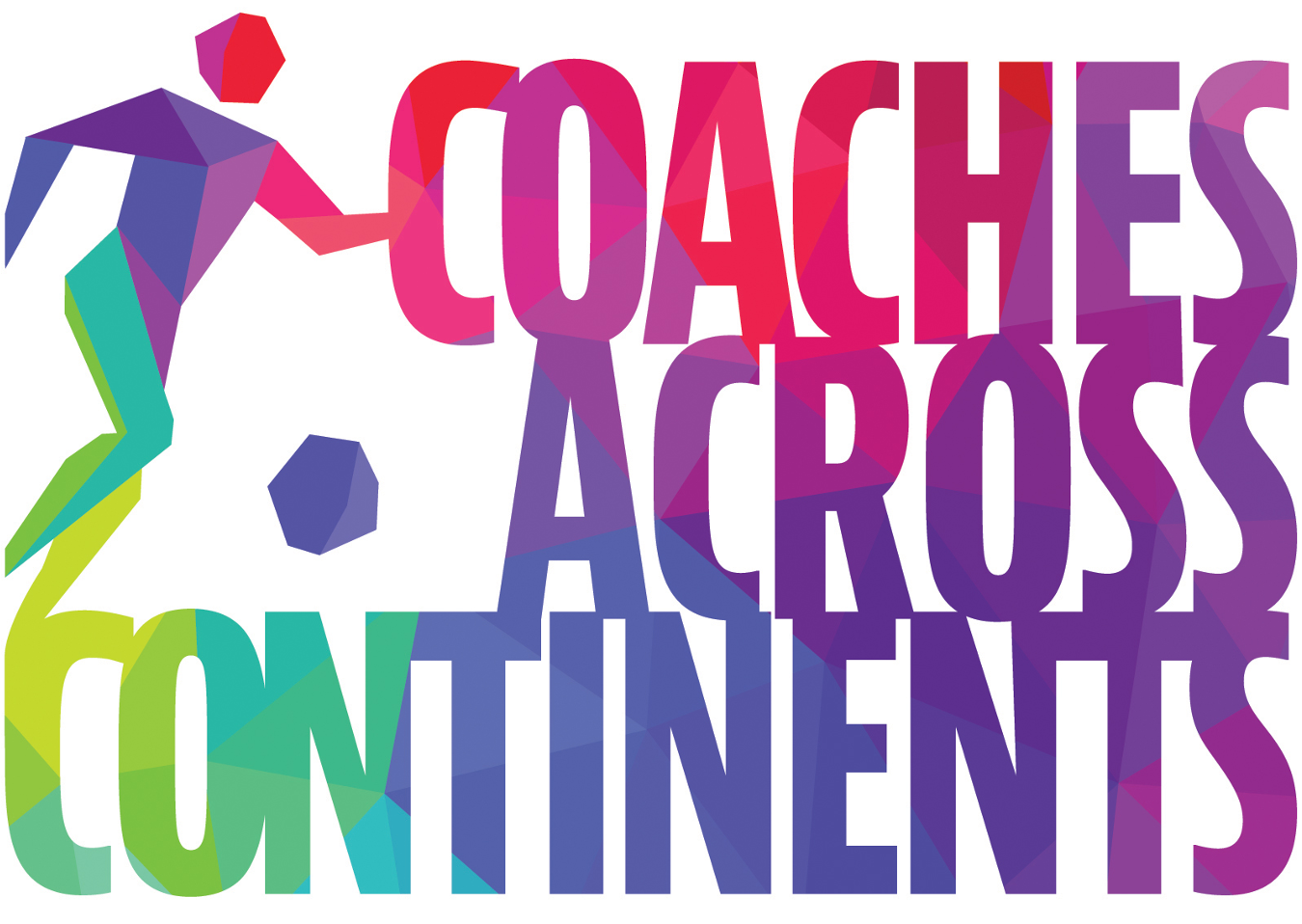
Coaches Across Continents
Coaches Across Continents (CAC) is the global leader in using purposeful play and education outside the classroom to address the UN Sustainable Development Goals (SDGs) and UN Convention on the Rights of the Child.
CAC is global non-governmental organisation providing year-round resources, working with corporations, governments, foundations and community-based organisations to create legacies based on the SDGs. Since 2008, CAC has consulted with over 470 organisations from more than 130 countries, supporting and training over 10,000 leaders, and educating 2.7 million children. Coaches Across Continents and EngenderHealth are proud to announce a partnership to advance sexual and reproductive health and rights (SRHR) and gender equality worldwide.
Furthermore, Coaches Across Continents is proud to announce a partnership with the UEFA (Union of European Football Associations) Foundation for Children on an initiative that will provide positive climate action for the Sport for Development sector. The aim of this positive climate action is to develop, pilot and then deliver an animated curriculum in seven languages that will educate children, coaches and organisations.
Contact Nora Dooley, Coaches Across Continents
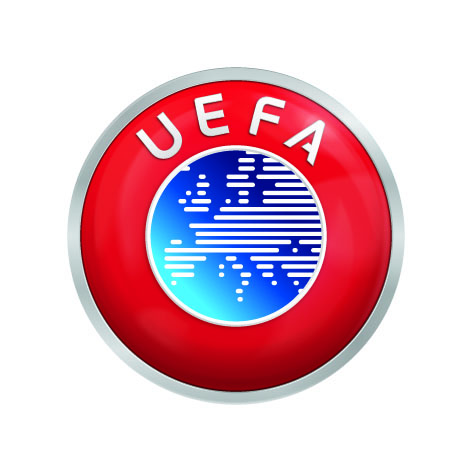
UEFA Social Return on Investment Model
The UEFA Social Return on Investment (SROI) model has been developed by UEFA, in partnership with leading institutions and academics across Europe, to measure the impact on society of grassroots football by countries and clubs.
SROI is a form of cost–benefit analysis that attempts to quantify and place a monetary value on the social change created by a programme, policy, investment or entity. It is a useful analysis method to calculate positive social changes that are difficult to measure in traditional financial terms.
The process involves using model indicators as a framework for assessing the impact of grassroots football. Based on academic research, the model puts financial values against these indicators, to show why investment in football can have a strong return given the positive financial consequences of mass participation.
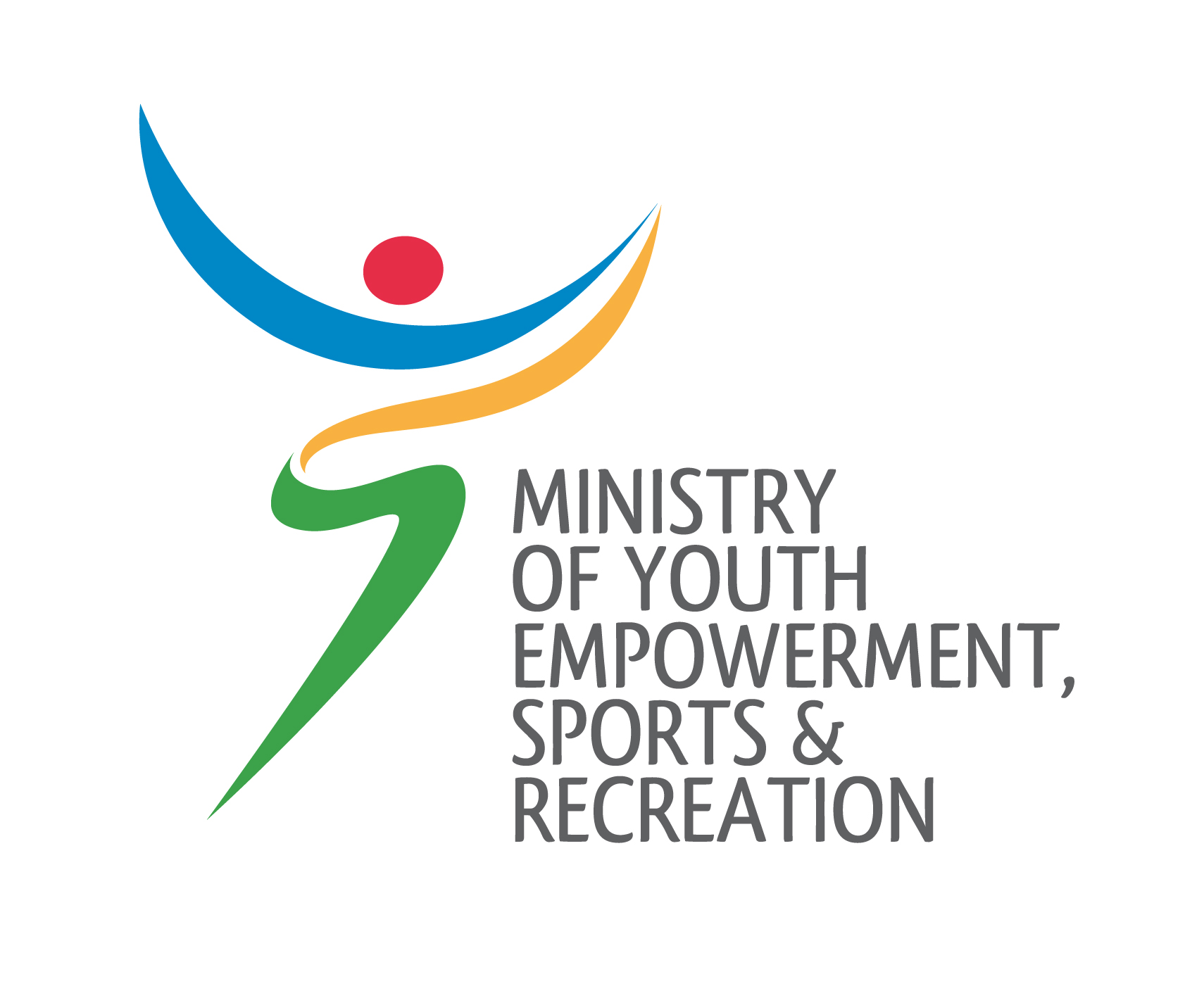
Active Mauritius
Active Mauritius was launched by the Mauritius Sports Council with the aim to foster a nationwide culture of community sport and physical activity, to promote health and well-being in Mauritius.
The overall vision of this innovation is to increase the number of people in Mauritius taking part in sports and physical education regularly.
The programme consists of four targeted programmes: Move It; Youth on the move; Ageing well; and Elderly Fitness.

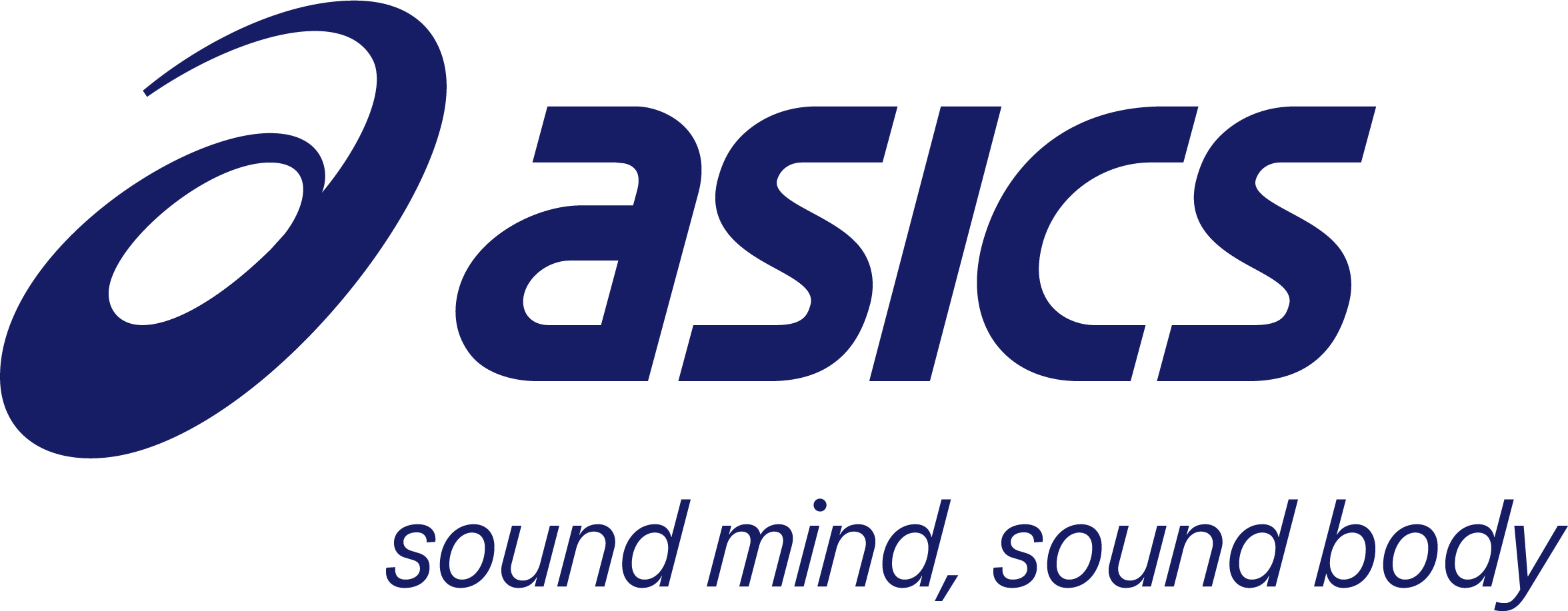
The SunRise Mind Campaign
In 2021, the international sports brand ASICS announced a partnership with Mind, a UK-based mental health charity, to help fund support services, including physical activity-based projects for people experiencing mental health problems.
The partnership launched with the #SunriseMind campaign.
ASICS encouraged everyone who could, to move at sunrise and capture the positive impact of movement on their mind with ‘a sunrise selfie’.
ASICS raised awareness about the benefits of movement for mental health and donated to Mind for every #SunriseMind selfie taken.
Both Mind and ASICS believe in the power of movement, however small, to support better mental health. They are committed to working together to help people to thrive.
Contact Physical Activity Team, Mind
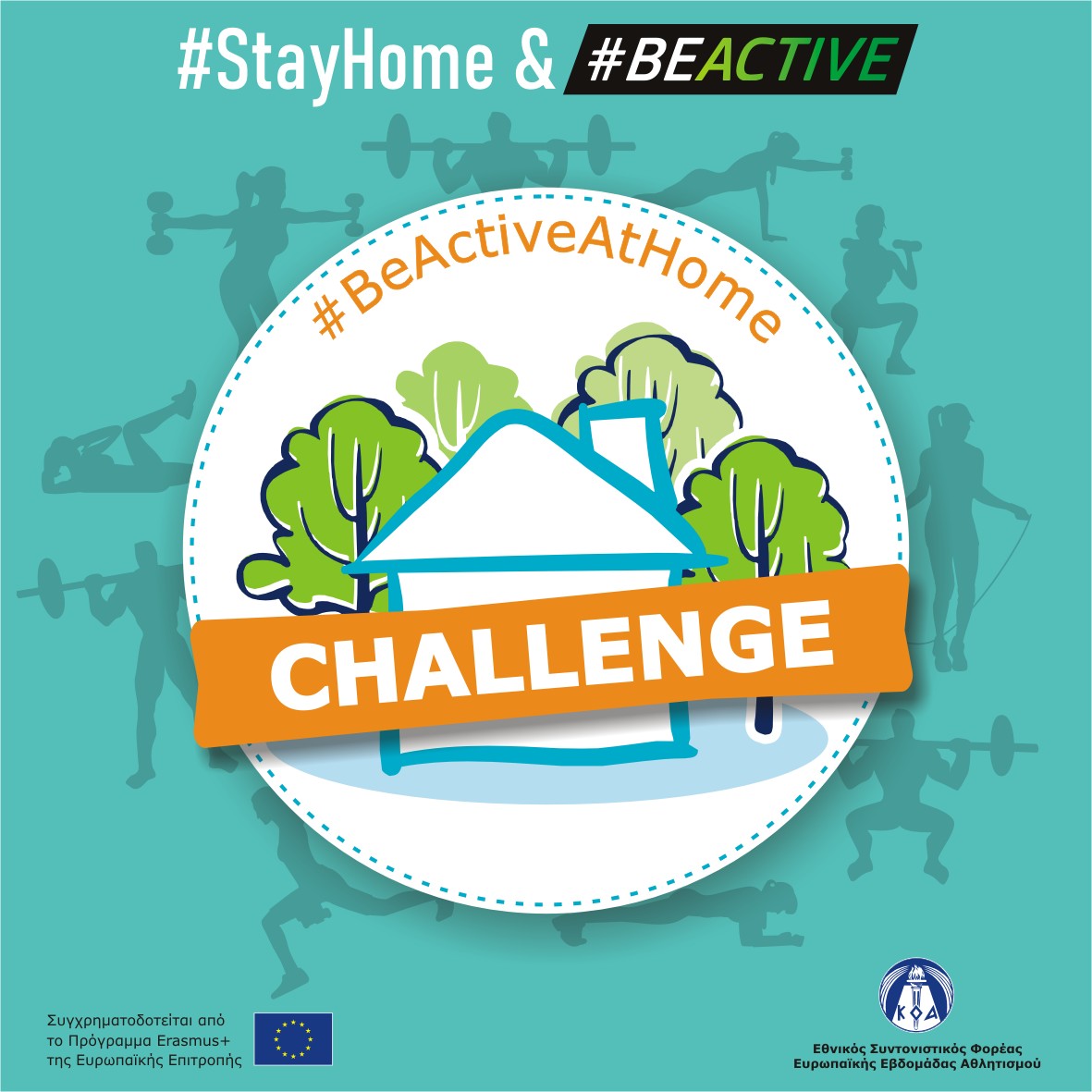
The Cyprus Sports Organisation
#BeActiveAtHome Challenge
Within the framework of the pan-European sport campaign ‘European Week of Sport’ (#BeActive), the Cyprus Sports Organisation acted as the national co-ordinating body of the campaign in Cyprus to launch a new initiative, the #BeActiveAtHome Challenge.
The main objective of the initiative was to support governmental measures and citizens who were quarantined due to the COVID-19 pandemic.
BeActive-Cyprus contacted and challenged all its members and ambassadors, especially those who had expertise in sports, nutrition, and psychology sciences, by inviting them to prepare and produce home videos, photos and guidelines with simple sport and physical activity workouts, messages and guidance addressed to all target groups, in an effort to help people practice and feel good during the days of isolation.
This programme targeted all citizens, especially the youth and elderly, to motivate them to maintain their physical and mental health, especially during such unprecedented times, allowing them to explore the opportunities offered by social media.
Stay Home and Exercise
Further to the #BeActiveAtHomeChallenge during the first lockdown, the National ‘Sport For All Programme’ of the Cyprus Sports Organisation produced social media workout videos, aiming to provide advice concerning home fitness activities for all.
Contact Ioanna Parasekvopoulou, Cyprus SportsOrganisation and Charis Philippides, Cyprus Sports Organisation
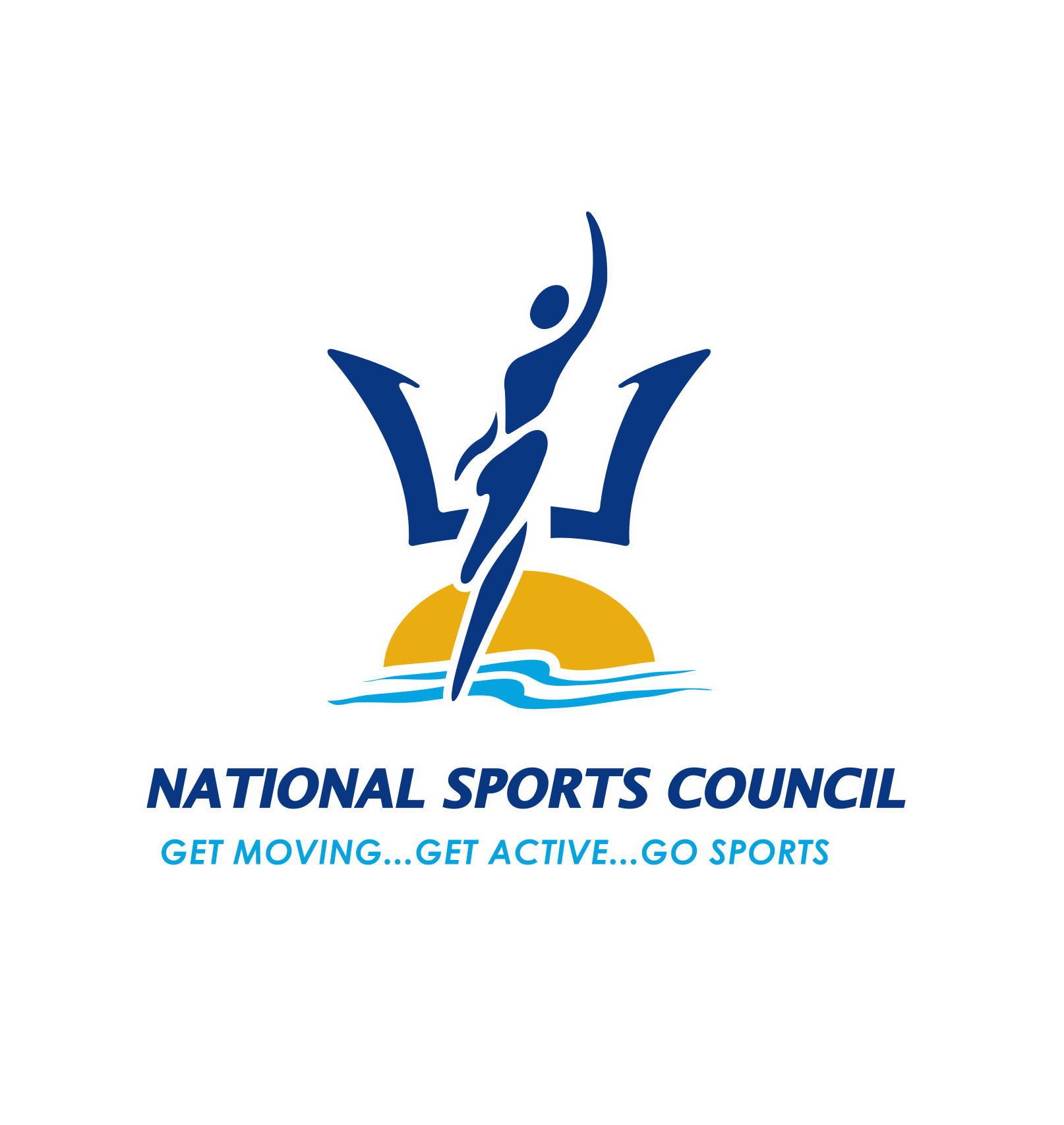
The Promotion of Sport and Peace through Road Tennis Development
The Government of Barbados, National Sports Council, is using the indigenous sport of Road Tennis, a unique game with no net and no grass, played either on small courts or simply on the street to facilitate not only the development and spread of the sport, but also the promotion of physical activity across the Barbadian community and the world, following the opening of the country post-COVID-19.
This involves a focused approach, including tournaments in schools and the community, in addition to the promotion of the sport to countries across the world and in the Barbadian diaspora community.
The target audience includes school-aged children, 6–10 years and 11–18 years, individuals within the Barbadian community, regional and international sporting communities, as well as the Barbadian diaspora community.
This programme seeks to provide partnerships and solidarity with people at all levels across the world. Ultimately, it seeks to promote peace and camaraderie across all nations, while simultaneously promoting all aspects and values through sport.
Contact Neil Murrell, National Sports Council, Barbados
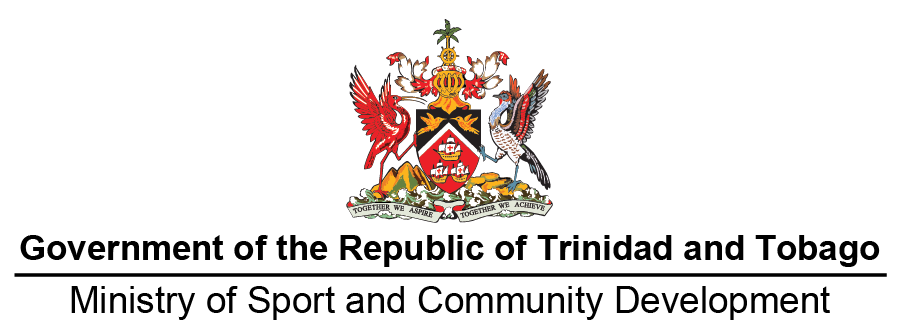
Ministry of Sport and Community Development, Trinidad and Tobago S.H.A.P.E
Sport, Health, Athletic Performance, Empowerment – S.H.A.P.E – is an initiative designed to develop and empower communities and stakeholders through sport and physical activity. This holistic community sport programme comprises a series of capacity-building initiatives geared toward strengthening sporting institutions, while fostering education and certification of coaches and administrators via a virtual platform.
This programme is community based, with aspects focusing on various population groups within the community, such as women and girls and sport organisation volunteers. S.H.A.P.E has served to better equip and strengthen communities to support all members in ways that promote and inculcate habits and behaviours to tackle factors affecting participation. It also seeks to recognise individuals in the community as sporting champions through the ‘Sport Titan’ part of the programme.
Community Learn to Swim Programme
The Defence Force are the operational staff at the pools creating a bond between residents and the military and by extension, the protective services. This creates a safe, secure environment where aquatic, water safety and aqua aerobics activities can be conducted. The initial phase took place over two months and continued thereafter in September 2019.
This programme is focused on young people aged from 7 to 18 years, as well as special needs children who are accommodated on a separate schedule. The use of the Defence Force aims to promote peace through mentorship of youth, encouraging positive engagement with authority and allowing the protective services to be viewed as partners within the community. It also leads to an environment where sport and physical activity can serve as a catalyst for peaceful engagement within the community
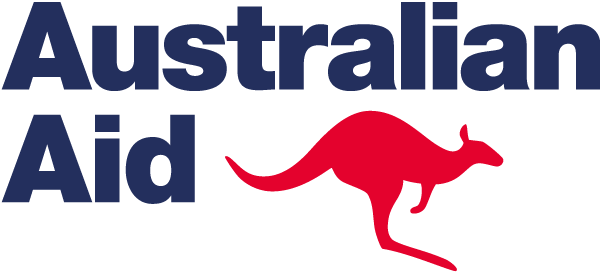
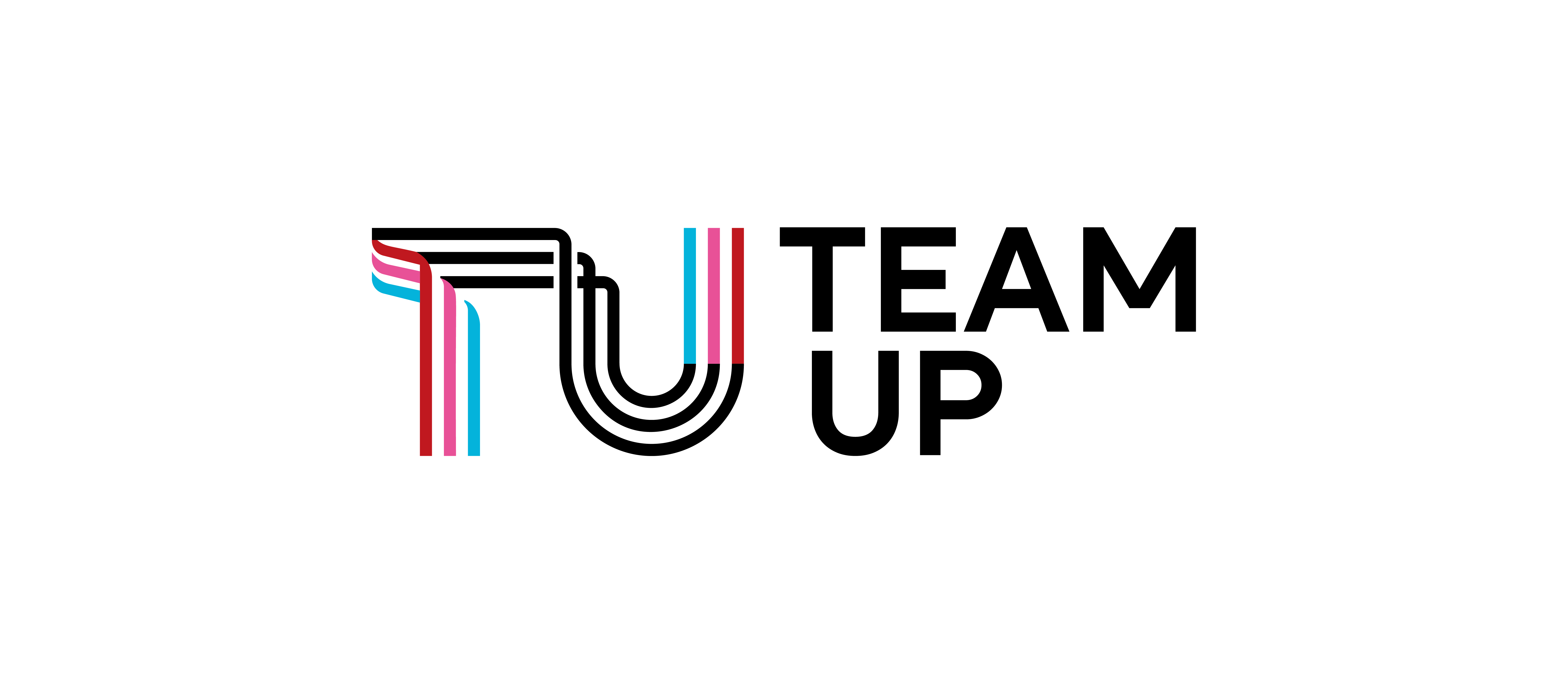
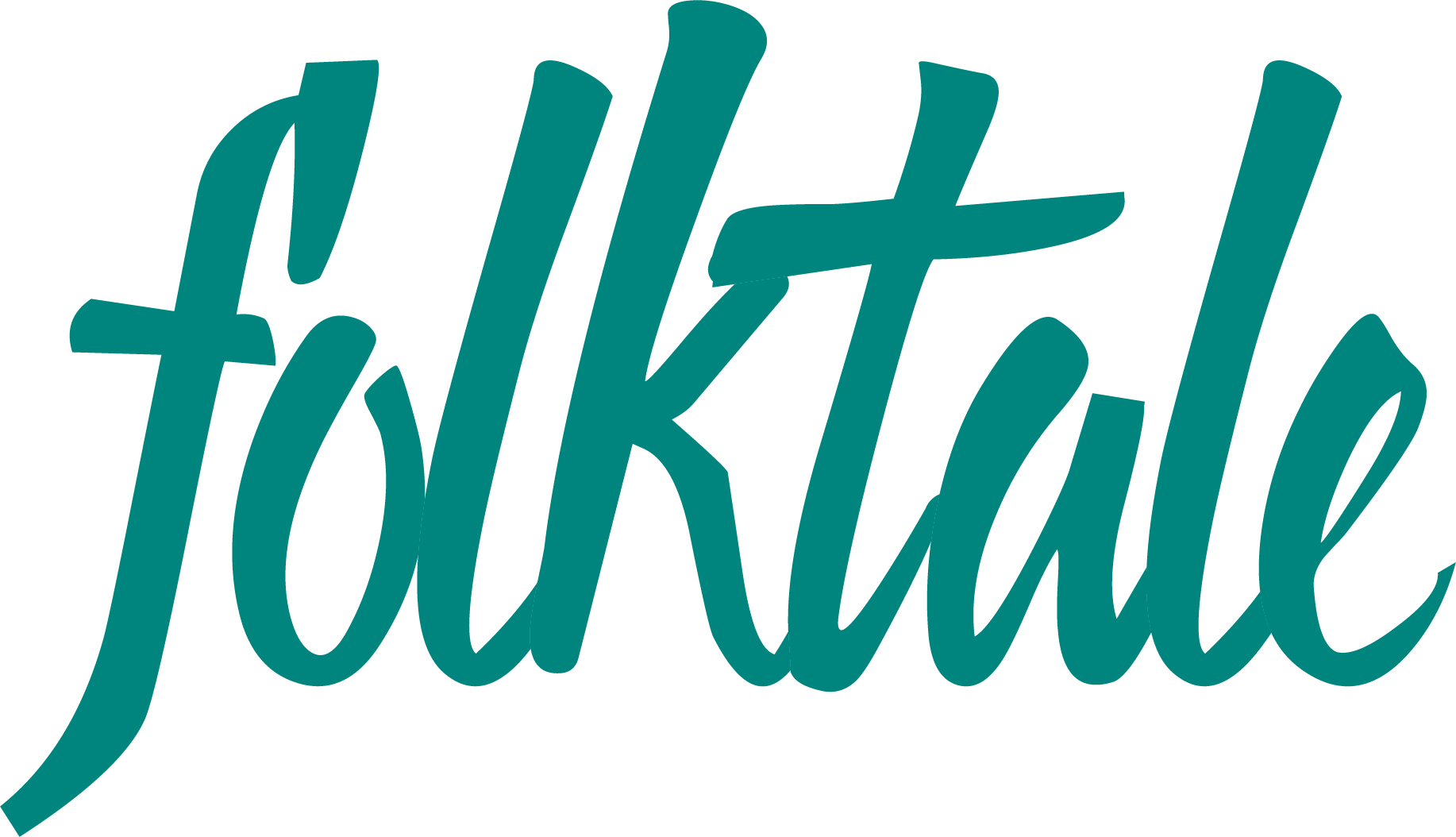
Team up and Folktale
Team Up is the Australian Government’s sport for development program in the Indo-Pacific, comprising more than 30 partnerships across 13 sports working towards Australia-Asia-Pacific sport partnerships to support all people to realise their full potential through sport.
The program is working with Folktale, an engagement platform that uses the power of storytelling to help organisations monitor, evaluate, and communicate their impact.
Thanks to Folktale’s platform, Team Up has been supporting partners in the Pacific to capture regular video stories about their programs and produce professional-looking content for media and communications purposes, some of which has been broadcast on television.
Based on positive feedback from partners that video is a more intuitive way to communicate program impact compared to written reporting templates, Team Up’s monitoring, evaluation, reporting and learning team is now piloting the use of reporting via Folktale to replace some written reporting components.
Contact Team Up or Sarah Mak, Co-Founder & CEO, Folktale
